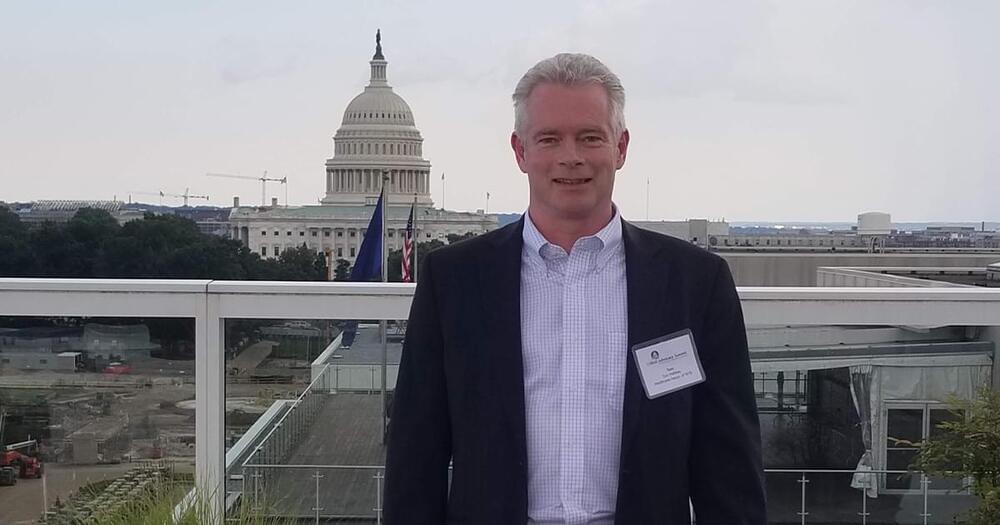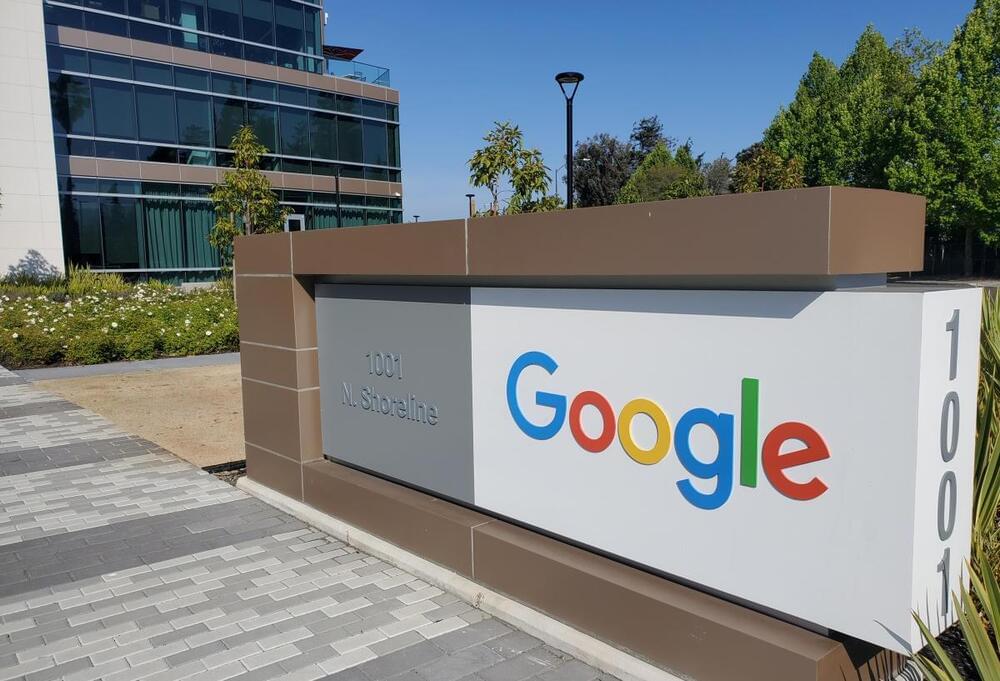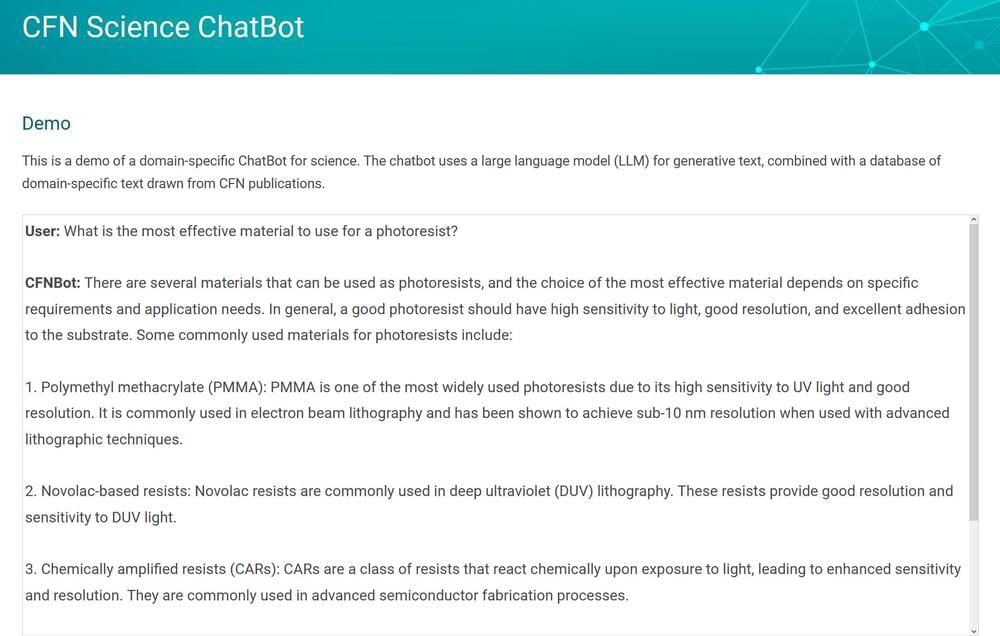Documents show that OpenAI signed a letter of intent to spend $51 million on brain-inspired chips developed by startup Rain. OpenAI CEO Sam Altman previously made a personal investment in Rain.



Now, the AI-powered products that were supposed to get a Gemini boost, such as the Bard chatbot, will have to wait until next year.
Justin Sullivan/Getty Images.
Google’s multimodal AI competitor.

Now you can sit back and relax in your easy chair as your garden is weeded.
Ekobot.
As anyone who has tended to a garden knows, weeding is time-consuming and energy-draining. Scale it up to a farm, and it becomes a logistical nightmare. Traditional herbicides, though efficient, pose potential threats to people, animals, and the environment.

Elon Musk discusses the progress and challenges of Tesla’s full self-driving technology, expressing less optimism about its timeline but recognizing its potential value and impact on the future of transportation.
Questions to spark discussion.
What is the status of Tesla’s full self-driving technology?
—Elon Musk expects a delay in the release of the new version of Full Self Driving, but believes it will learn dramatically faster.

Panelists include Albert Marinez, chief analytics officer at the Cleveland Clinic; Tatyana Fedotova, director, global data, platforms and partnerships, at Johnson & Johnson; and Christopher Larkin, chief technology officer at Concord Technologies.
Panelists will reveal the most critical questions to ask and decisions to be made at each phase of the AI journey, from build versus buy and tool selection to ensuring AI investments are targeted for maximum impact, and much more.

Supposedly only til next month, Jan. 2024. But, it is why we absolutely must keep heat on full acceleration of AI. There is a clear camp wants to stop it, turn it off and walk it a decade backwards. And that is unacceptable.
A new report by The Information says Google has pushed back the launch of its next-gen AI, Gemini. The company was reportedly planning to introduce the new foundational model in events scheduled for next week, but has quietly delayed it until January after finding it needed to work on its responses to non-English queries.


A researcher has just finished writing a scientific paper. She knows her work could benefit from another perspective. Did she overlook something? Or perhaps there’s an application of her research she hadn’t thought of. A second set of eyes would be great, but even the friendliest of collaborators might not be able to spare the time to read all the required background publications to catch up.
Kevin Yager—leader of the electronic nanomaterials group at the Center for Functional Nanomaterials (CFN), a U.S. Department of Energy (DOE) Office of Science User Facility at DOE’s Brookhaven National Laboratory—has imagined how recent advances in artificial intelligence (AI) and machine learning (ML) could aid scientific brainstorming and ideation. To accomplish this, he has developed a chatbot with knowledge in the kinds of science he’s been engaged in.
Rapid advances in AI and ML have given way to programs that can generate creative text and useful software code. These general-purpose chatbots have recently captured the public imagination. Existing chatbots—based on large, diverse language models—lack detailed knowledge of scientific sub-domains. By leveraging a document-retrieval method, Yager’s bot is knowledgeable in areas of nanomaterial science that other bots are not.